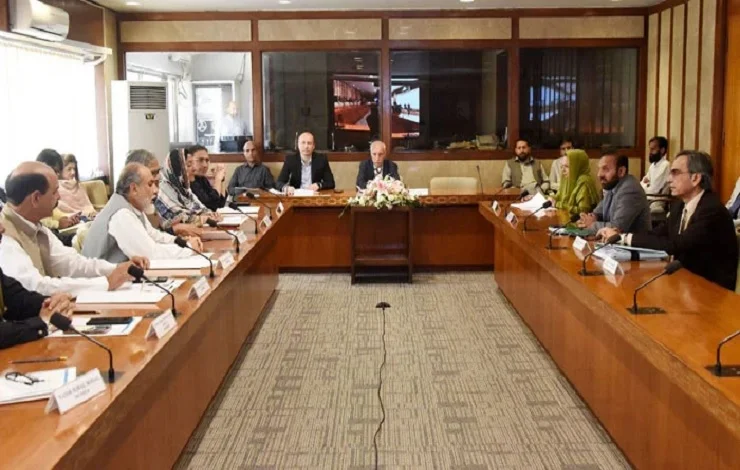Context:
The Lok Sabha’s Standing Committee on Finance has given recommendations to boost the insurance sector.
Some key recommendations of the Standing Committee:
- Composite Licensing: The committee recommends composite licensing for insurance companies, allowing them to offer both life and non-life insurance products.
- GST Rate Reduction: The committee suggests reducing the Goods and Services Tax (GST) rates, especially for health and term insurance, from the current 18%.
- Catastrophe Insurance Focus: The committee recommended that the government explore options for insuring homes and properties, particularly in disaster-prone areas through specialized insurance businesses with subsidized premiums.
- Vehicle Insurance Compliance: The committee addresses the issue of a significant number of vehicles, especially commercial ones, operating without insurance coverage, posing risks in accidents. Measures like integrating data and ensuring compliance are suggested.
- On-Tap Bonds for Insurance Investment: The committee proposes issuing ‘on-tap’ bonds with maturities of up to 50 years, expanding investment options for insurance companies.
- Data Integration and Enforcement: The committee recommends utilizing data integration, particularly from the Insurance Information Bureau of India (IIB) to enhance compliance. Around 56% of vehicles lack coverage, urging e-Challan enforcement with integrated data.
- Compensation for Accident Victims: Addressing the plight of accident victims involving commercial vehicles, the committee urges ensuring proper insurance coverage and compensation to avoid disruptions in local communities.
- Government Bonds Extension: The recommendation includes extending the maximum tenure of government bonds for insurance investment from 40 to 50 years.
- Regulatory Evaluation: Both IRDAI and the Reserve Bank of India are urged to evaluate requirements for insurance coverage in the context of auto and commercial vehicle loans provided by financial institutions.
Data related to the Insurance Sector:
- India’s insurance sector constituted around 2% of the global insurance market in 2020.
- India ranked tenth globally in insurance business with a 1.85% market share in 2021, showing improvement from 1.78% in 2020.
- Total insurance premiums in India increased by 13.46% (7.8% inflation-adjusted) in 2021, surpassing global growth of 9.04% (3.4% inflation-adjusted).
- In life insurance, India is ranked ninth globally in 2021, while in non-life insurance, it holds the fourteenth position.

About composite licensing:
- Composite licensing refers to a regulatory framework that allows insurance companies to operate across different categories of insurance services under a single license.
- Traditionally, insurers obtained separate licenses for life, general, and health insurance operations.
- However, with composite licensing, an insurer can offer a comprehensive range of insurance products, including life insurance, non-life insurance (such as motor and property insurance), and health insurance, all within a unified regulatory framework.
Advantages of Composite licensing:
- Cost and Compliance Benefits: Composite licensing can reduce costs and compliance challenges for insurers, enabling them to provide various insurance lines under one umbrella.
- Wider Coverage and Options: This approach can offer customers more choices and value, such as a single policy covering life, health, and savings, enhancing insurance reach and awareness.
The recommendations aim to streamline insurance operations, enhance coverage, reduce GST burdens, and ensure compliance, with a focus on broader societal implications, especially in disaster-prone and accident-related scenarios. Overall, the committee stresses the importance of enhancing public understanding of insurance products and their benefits through targeted awareness efforts.

